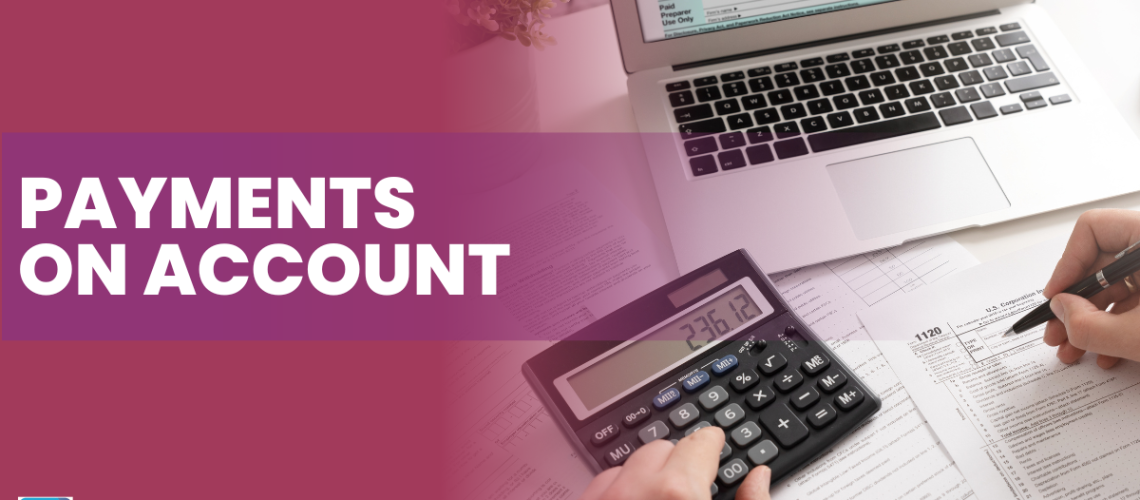Do you earn income that hasn’t been taxed yet? Unlike the PAYE system, where employers deduct tax for employees, individuals like the self-employed or those with rental or dividend income must manage their taxes. They must report their earnings and calculate the tax due via a tax return. However, if your tax bill is over £1,000, you will need to engage with HMRC’s ‘Payments on Account’ system.
Recently, a client asked me, “What is HMRC´s payments on account system?” and this is the result. Here is our mini-guide outlining everything you need to know.
What are payments on account?
‘Payments on account’ are advance payments made towards your annual tax bill, which include contributions towards Class 4 National Insurance if you are self-employed.
There are two payments on account required each year. However, there are exceptions where you might not need to make these payments:
- If your last Self Assessment tax bill was under £1,000.
- If you already paid more than 80% of the previous year’s tax bill at source, such as through your employer’s payroll deductions or tax deducted by your bank interest earnings.
Need help filing or with your tax planning? Contact us at [email protected] , and let us take the hassle out of tax. |
Calculating your payments on account
HMRC estimates your next tax bill using your previous year’s bill. This estimated future tax bill is then split into two instalments, which are your two Payments on Account.







